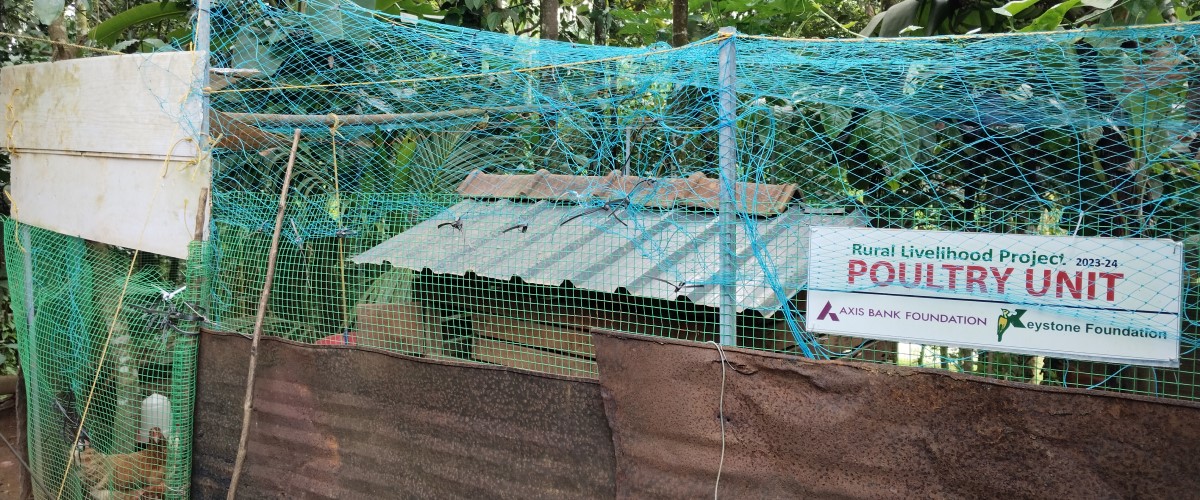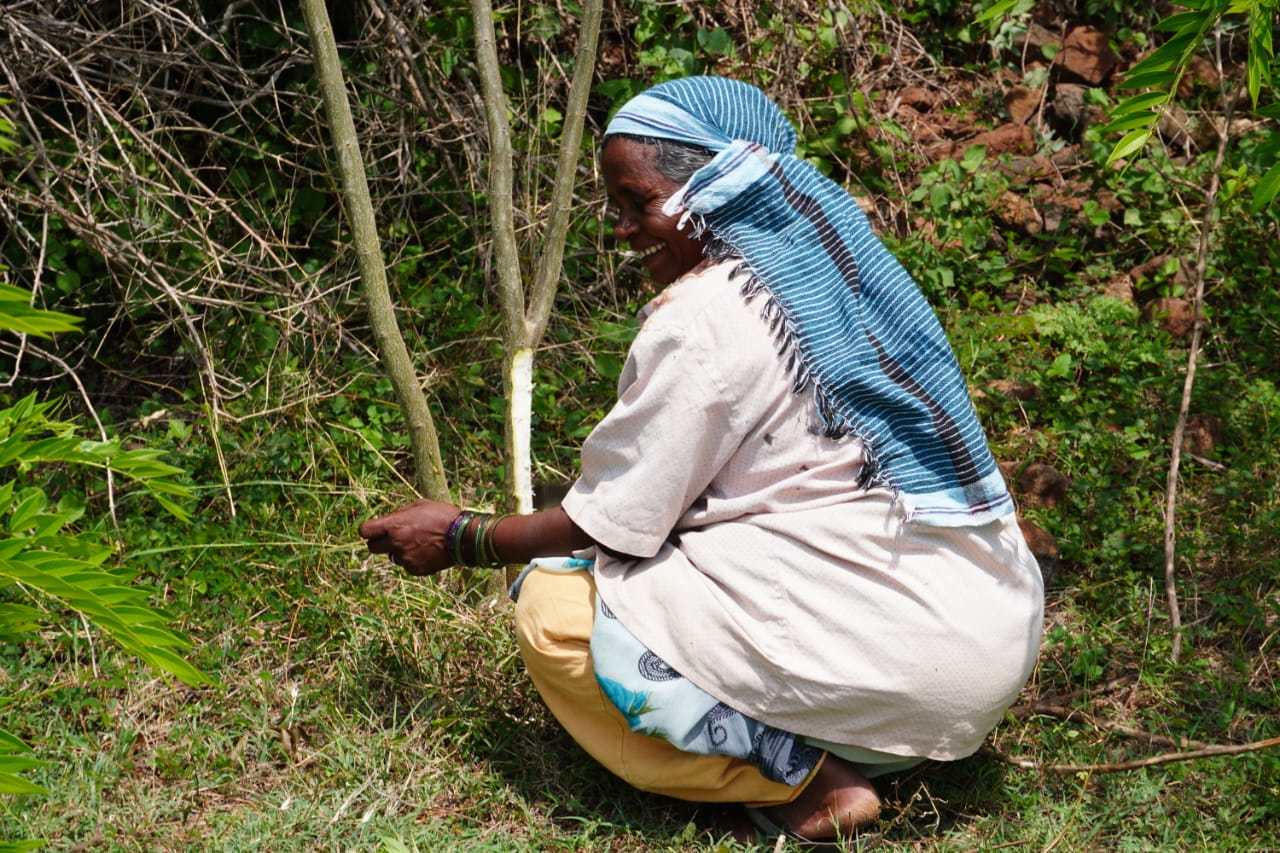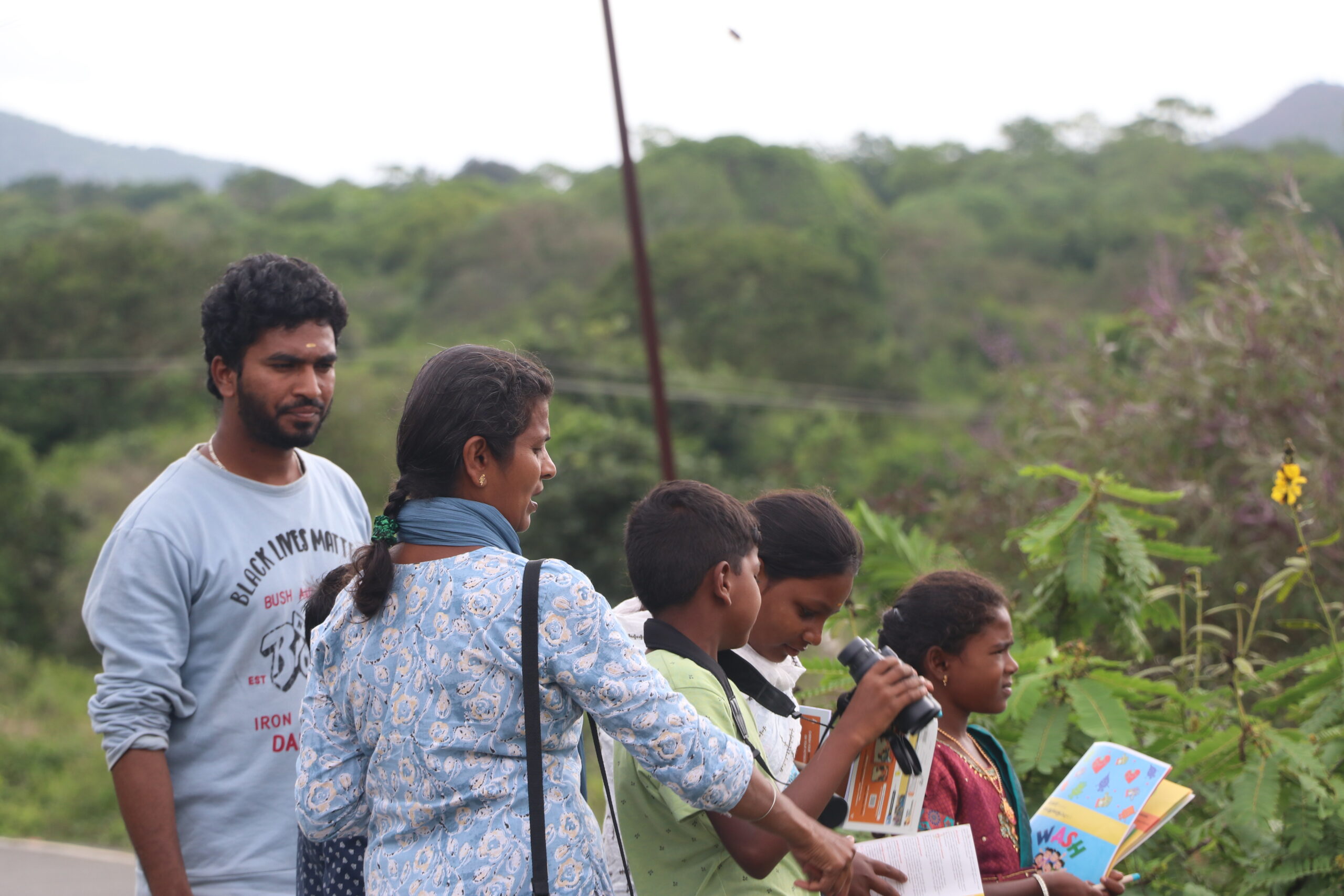The per capita availability of eggs and the population of poultry has decreased heavily in the last decade in Kerala. Given that consumption of eggs should ideally be 180 in adults and 90 in children in order to meet protein needs, about 560 crore eggs are required to be produced per annum. However, current domestic production is only 260 crores, according to the Kerala State Poultry Development Corporation (KSPDC). The shortage is nearly 300 crores. The KSPDC is making efforts in order to increase the production of eggs, and has seen a rise of above 70 crores in the production of eggs in the state.
Commercial poultry production in Kerala is often not feasible owing to several factors, and hence the targeted goals of doubling egg production in two years, and self-sufficiency in five years cannot be achieved by large scale commercial production. The only alternative to this is strengthening backyard poultry production. This was once Kerala’s major method of bulk and quality egg production, achieved at bare minimum cost. For the poorest of the poor and the landless, the major issues are food security and getting a subsidiary income from different sources.
Poultry support is a non-farm based livelihood support programme implemented in Wayanad by Keystone. The women head in marginalised families are engaged as part of this intervention. Eligibility to benefit from the programme is determined based on several criteria, such as choosing participants from below the poverty line, who have land available for setting up a chicken coop in at least one cent. Widows or single mothers are preferred for the support. They shall also be willing to maintain the poultry unit at least for a period of three years.
In the first phase of intervention, 15 women were identified from three gram panchayats (Edavaka, Thondarnad and Vellamunda). We support the families with 15 chickens of the breed BV-380. It is developed by Venketeshwara Research and Breeding Farm, Pune, and recognized by Department of Science and Technology since 1981. This breed is capable of laying 300 eggs each year, and has been found withstanding health issues. 15 hens aged about 3 months were provided to each family and the chicks were sourced from the Krishi Vigyan Kendra after equipping them with the necessary vaccinations. In addition to the chickens, the families were supported with chicken coops, feeders, drinkers and wire-fencing around the coop. Each family is expected to receive an income around INR 1,85,000 per annum. Krishi Vigyan Kendra has also agreed to its assistance for all kinds of medical attention, if required, for the chickens.


















